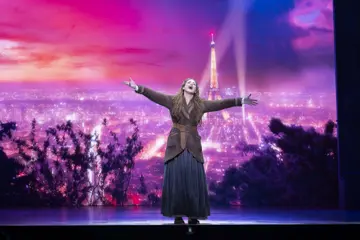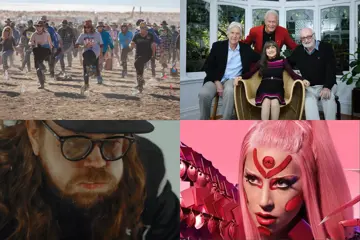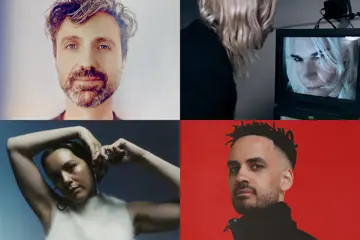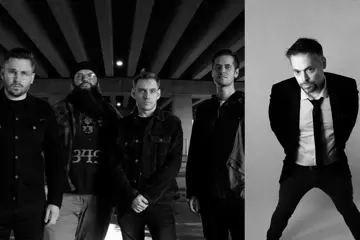What did we do before the phrase 'Manic Pixie Dream Girl'? It was only first coined on The A.V. Club in 2007, but the stereotype feels eternal, and any phenomenon that's a constant reminder of how awful Garden State is should be lauded. Ruby Sparks, the second feature for married team Jonathan Dayton and Valerie Faris, takes to that noxious trope with a scalpel, Zoe Kazan's script giving us a struggling writer (Paul Dano) who invents a MPDG, only to be confronted when she (Kazan herself) comes to life, Mannequin-style.
“Zoe was interested in the way that men see women, and this idealised, fantasised version they have versus the real thing,” explains Faris. “And also the way women were portrayed in film,” adds Dayton. So a conversation goes with the filmmakers who finish each other's sentences plenty. “We don't want this debate about Manic Pixie Dream Girls to overshadow the other more meaningful themes that're explored in the film,” Dayton offers, before Faris chimes in: “It's not a film where this sad male character's life is magically changed by this girl. He doesn't get to bask in this fantasy fulfilment; he actually has to pay a very real price for creating his dream girl.”
Thus, the film isn't just about skewering a stereotype of 'indie' romantic-comedies, but about the delusions people bring to relationships, Ruby Sparks' “key thematic interest” being, Faris says, control. “We all carry a certain amount of fiction with us about the person who we're with, especially at the beginning of a relationship,” Dayton explains. “And that, as we come to see who those people really are, there's an urge to control them, to try and force them to be more like this version of them that we believe in.”
“People have this intense desire to control, both in their relationship and in their work,” Faris offers. “Part of [the main] character's problem is that he's paralysed by the task of following up this successful first novel, and that [paralysis] comes from trying to control how the world reacts to his work; and that becomes this psychic struggle that just saps the life from his work.”
Don't miss a beat with our FREE daily newsletter
Following up a success is, of course, a loaded subject for Dayton and Faris, whose only prior film was the crowd-pleasin', money-makin', Oscar-nominated 2006 road-movie, Little Miss Sunshine. “The connection was not lost on us,” says Dayton. “We certainly felt the weight of what it meant to have that kind of success, and that kind of a connection with audiences. It was very intoxicating. So, we didn't want to return with something that was less of a film. For us, it was never an issue of writer's block. In the six years since Little Miss Sunshine, we worked on various film projects, but none of them ever ended up being ready-to-shoot.”
Dayton and Faris describe — whilst never going in-depth — stalled productions where stars or producers seemed to have a different vision than them; but they were encouraged by a project that came with its young stars — and real-life couple — attached, and that they were able to get the final cut. This meant they could make a frothy rom-com a study of control. “We wanted to make this genre-bending movie that begins as a light comedy then goes to this darker place,” Dayton says. “There's no way that being able to change someone else wouldn't tap into these very dark elements of the human psyche.”
WHAT: Ruby Sparks
WHEN & WHERE: Opening Nationally Thursday 20 September















